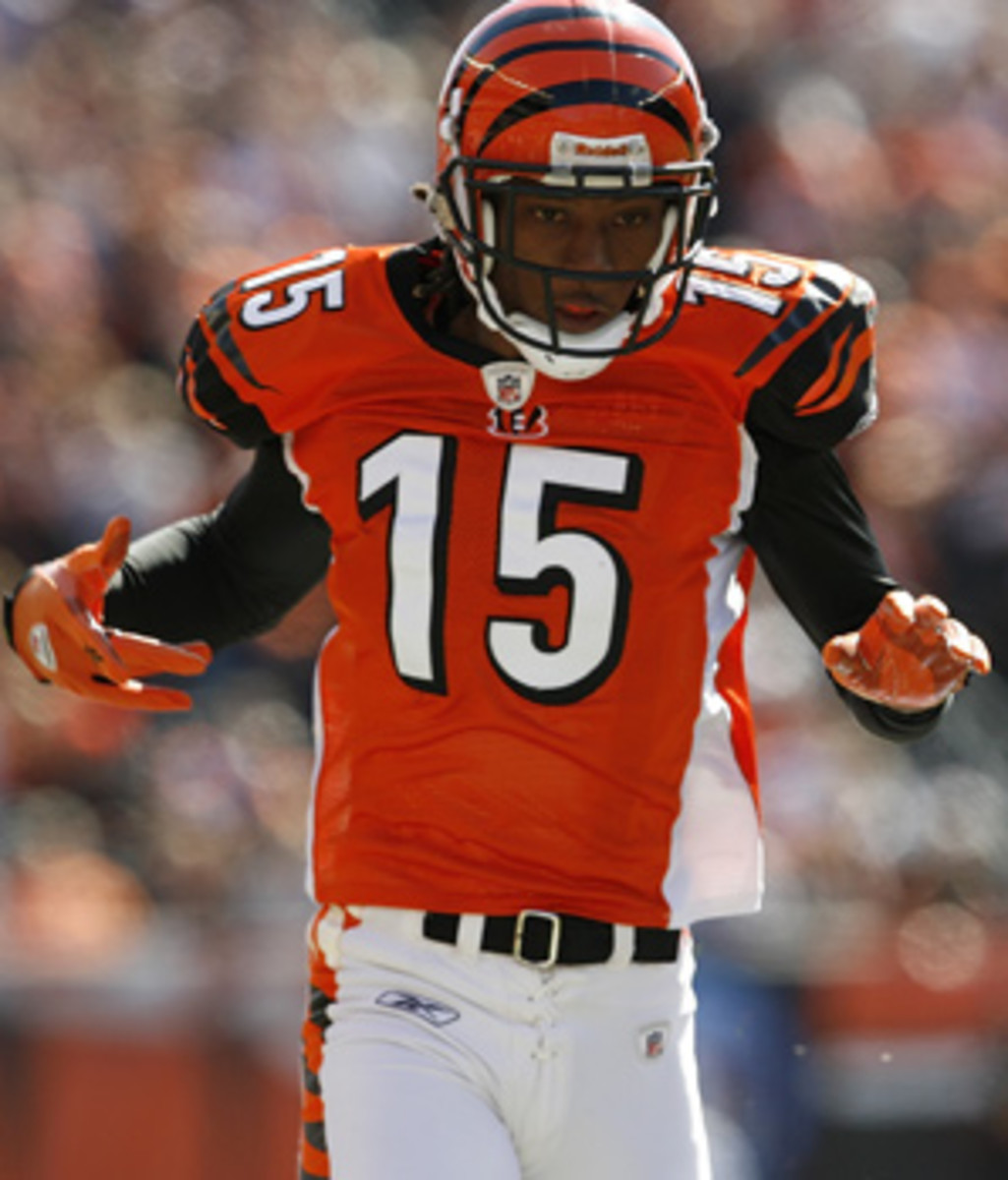Concussions and football: Is the game too dangerous for our kids?
If we could say without reproach, "Playing football leads to concussions which lead to brain injury which lead to depression, substance abuse and worse'' then we could do more about it than we're doing now. Now, as parents we ask, "Should I let my son play football?''
It's not a new question. It's just more in focus. We're better at recognizing it. "The MRI didn't come into use until the early 1980s,'' said Dr. Francesco Mangano, a neurologist at Children's Hospital Medical Center in Cincinnati. "Before that, we only had X-rays.'' X-rays don't show an injured brain.
In the next several weeks, tens of thousands of kids in this country will suit up and start football practice. The vast majority never will suffer the same fate as Chris Henry. That doesn't mean that the parents who sign their children's permission slips won't be white-knuckling it when their kids play.
The clinical term is chronic traumatic encephalopathy (C.T.E). Doctors know it more commonly as dementia pugilistica: Punch drunk. That's what the study of Henry's brain showed. It can only be discovered by autopsy. Current players could be suffering from it and have no idea.
"There isn't a lot of information out there, especially with someone Henry's age (26),'' Dr. Mangano said. "It's usually found many, many years after it happened.''
How shallow is the understanding? Show of hands: How many believed Chris Henry suffered from C.T.E.? How many just thought he was another athlete who had several off-the-field problems, the poster player for an NFL image problem that has kept commissioner Roger Goodell's door revolving?
Could at least some of Henry's off-field behavior issues -- five arrests in 28 months, numerous league suspensions -- be attributed to his injured brain? "Based on the description (of the C.T.E.) yes,'' Dr. Mangano said. "But he had other things going on. It's a very gray area. It's a chicken and egg type thing.''
The former NFL players are emerging now. They have memory loss, depression and mood swings. Some are suicidal, such as Andre Waters, who took his own life four years ago at age 44. An examination of his brain tissue by a forensic pathologist revealed damage the pathologist said might have led to Waters' depression and his suicide.
The evidence is circumstantial, but there is mounds of it. A study of 2,500 former NFL players done several years ago by the Center for the Study of Retired Athletes showed a direct correlation between Alzheimer's-like symptoms and depression and the number of concussions a player had suffered.
Chris Henry's mother told the Associated Press that her son had two concussions in high school. Afterward, he complained of headaches. What Carolyn Henry Glaspy did not say was how long her son was kept off the football field. There was the issue of a college scholarship. There was the time-honored football ethic: Rub some dirt on it. "You can't make the club in the tub'' is a favorite expression of Bengals coach Marvin Lewis.
Concussions are insidious. Nothing is broken, strained or torn. Brains are not iced, taped or whirlpooled. You can function with a concussion. Take a fistful of aspirin and get back out there.
The understanding of the problem was not as deep 10 years ago as it is now. Still, we search for answers. In the meantime, we send our athletic, big-for-his-age 8-year-old to football practice. Are we doing the right thing?
I posed the question recently to readers. The responses were as inconclusive as the issue that provoked them:
"My kid is big and athletic. Fifth grade comes along and they make him a linebacker. He's supposed to hit and hit hard. He hated it. I hated it even more. The coaches saw he didn't sign up for 6th-grade (football) and they called me. I didn't even tell my son they called.
"Basketball may ruin his knees, pitching a baseball may ruin his arm, but football has a chance of causing problems I don't even want to think about.''
On the other hand:
"Will I forbid my kid from playing football? Maybe. Right after I forbid him from driving.''
Dr. Tim Kremchek is an orthopedic surgeon in Cincinnati. He's also the Reds team doctor. Dr. Kremchek allowed his son to play football through high school. Then he made him stop. "Football is touch and grab, mostly, even up to high school,'' Dr. Kremchek said. "In college, it becomes dangerous. We know concussions are not a problem in the short-term. It's like a 10-year-old throwing a curveball. The issues come later. Unless you're playing (Division I) and have a chance to make some money, it's not worth it.''
And yet, Chris Henry's troubles might have started in high school.
The helmets are better than ever. The technology is impressive. This is what we hear. But how much better? If your helmet is more able to withstand hits, isn't my helmet just as good at inflicting them?
In kids' leagues and high schools, the quality of the equipment usually depends on the money the team or individual can afford to spend. Referees might check for the protruding metal from a knee brace. They're not as vigorous when it comes to checking the fit of a helmet.
Said Dr. Kremchek, "How protective is it going to be if it doesn't fit properly?''
Should we let our sons play football?
REACT: Is football too dangerous for our kids?





